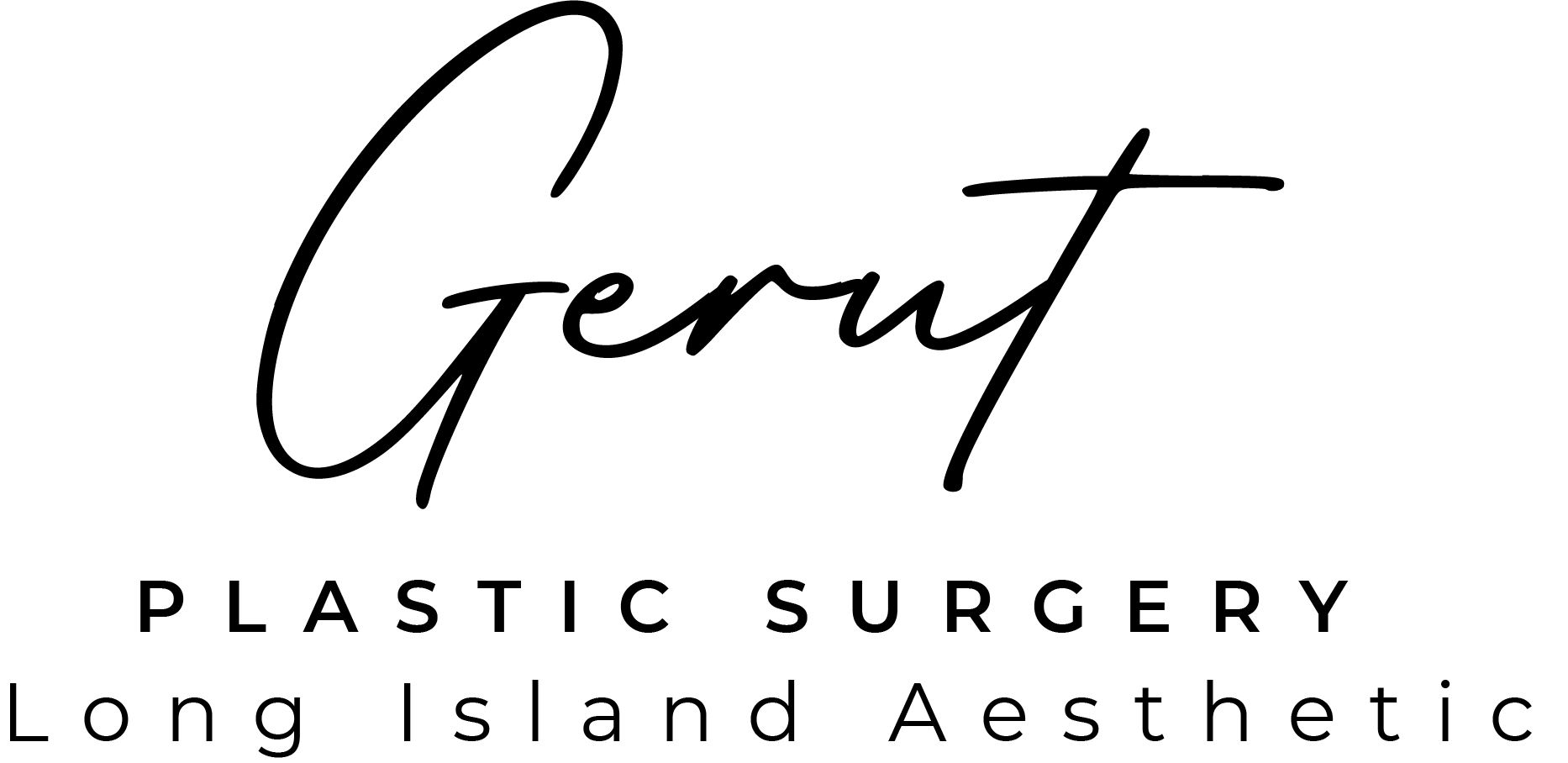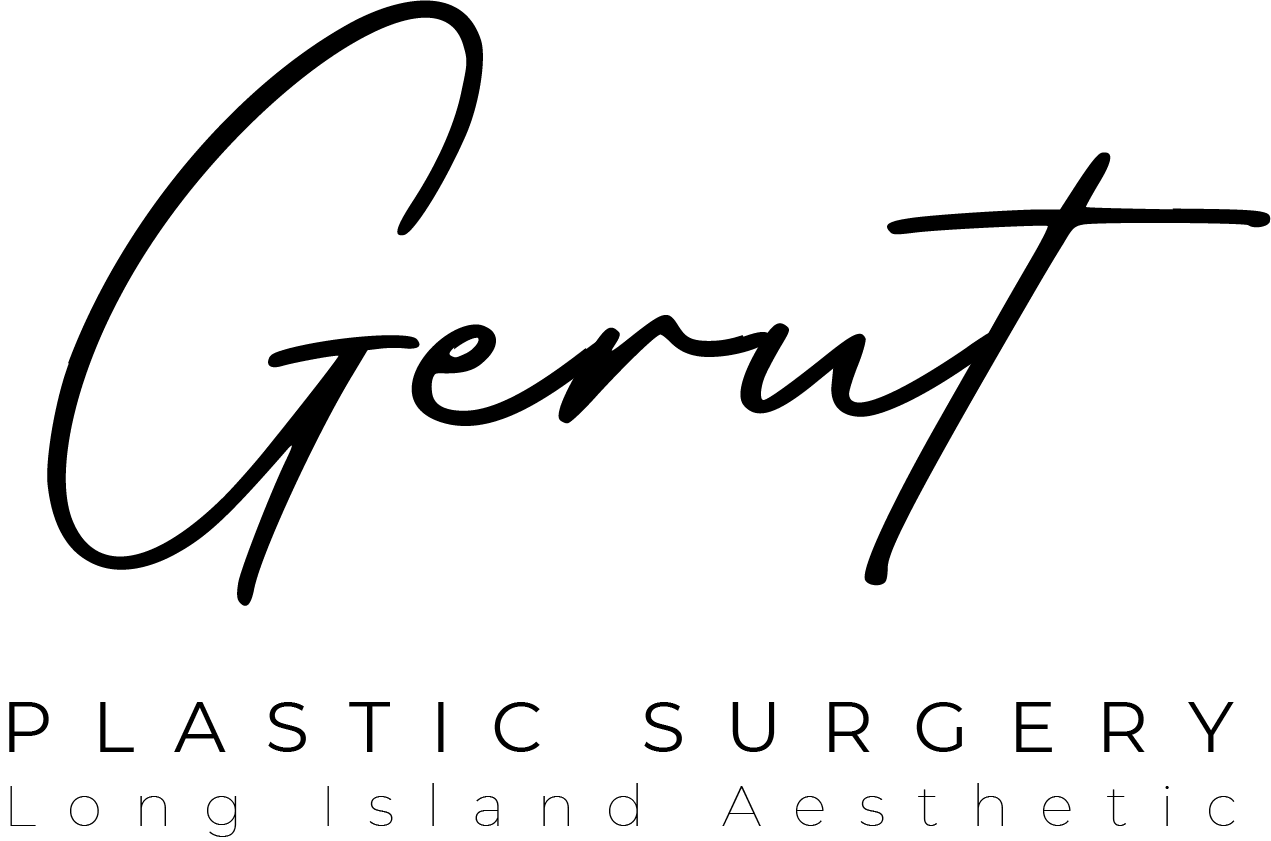#1: Know What You Want
Everybody likes the words “natural,” but not everybody shares the same meaning for the word. What looks natural to you might not look natural to your plastic surgeon. Perhaps you have a distinctive nose that runs in the family. While that nose might look natural to you, your plastic surgeon might suggest otherwise.
Or maybe you’d like a facelift to take off 5-10 years. If a prospective facelift surgeon’s before/after facelift photos look tight and stretched, that surgeon is not likely to be the one for you (or anyone else for that matter). Be sure you and your surgeon are “on the same page” before confirming your surgical plan because revision procedures are always more complicated—and expensive—than originals.
#2: Get References
Have friends or family members undergone elective plastic surgery procedures? If so, ask them about their experiences. If nobody you know has gone under the beauty knife, go to websites like RealSelf.com and MakeMeHeal.com for surgeon reviews and to see photos of real men and women who have undergone the procedure(s) you’re considering. Keep in mind that, while some surgeons are charmers and some could use some help in the “bedside manner” department, the bottom line is the result of the surgery. After all, you aren’t dating the surgeon, you’re picking the one that has the most skill and experience performing the procedure(s) you want.
#3: Determine Whether the Surgeon is a Specialist
You certainly want to choose a plastic surgeon that has performed many rhinoplasties, has performed them recently and performs them on a regular basis. Don’t be afraid to ask how many times in the past year a prospective plastic surgeon has performed the procedure(s) that interest you. I am a rhinoplasty expert, who has performed thousands of them during my years in practice.
#4: Go Board Certified
While it goes without saying that you want your plastic surgeon to be board certified in plastic surgery, confirming board certification can be tricky. If you’re not sure, ask if the surgeon is a member of the ASPS: The American Society of Plastic Surgeons, as membership in that organization is strictly limited to surgeons with extensive training in cosmetic and reconstructive plastic surgery procedures. You can look up any surgeon on the ASPS website.
#5: Confirm The Surgery Location
Many plastic surgeons have an office-based surgery suite these days. Be sure to confirm that the surgery center is accredited, which means it was evaluated for safety by a panel of third party experts. You can confirm surgery center accreditation on the AAAHC (Accreditation
Association for Ambulatory Health Care) website by following this link and selecting the pull-down buttons for your correct city and state.
#6: Ask About Hospital Affiliation
Even if your surgeon has an accredited office-based surgery suite, it’s wise to confirm that the surgeon has admitting privileges at a local hospital. While we all expect an uneventful surgical experience, elective plastic surgery is, after all, surgery and, although rare, the unexpected can happen.
#7: Make a List and Check it Twice
It’s normal to be a bit nervous when visiting a plastic surgeon. After all, you’re exposing the body parts that displease you most to the eyes of a stranger. Make a list of questions, bring a trusted friend, spouse or significant other, and, if you’re having facial surgery such as a facelift, bring in photos from 10-20 years ago. Even if the surgeon can’t turn back the clock as far as you’d like, those photos will share the story of your aging pattern. Further, if you have firm ideas about what looks “abnormal” to you, go online and pull photos of celebrities whose plastic surgery results seem overdone to you. It will help you and your surgeon to be on the same page about your wishes.
#8: Check In Before Checking Out
Talk with the surgeon, in detail, about any concerns you have regarding anesthesia. Some plastic surgeons do all their procedures under general anesthesia, while others have the option of local anesthesia and sedation. Get the scoop about postop discomfort, length of recovery and be sure to confirm the length of time you’ll be off work and/or social activities. Have little kids? Having a tummy tuck or breast enhancement can severely hamper—albeit temporarily—your ability to lift Junior in and out of the tub, car seat and highchair. Asking these important details enables you to plan ahead for a successful—and normal—recovery.
#9: Review the Paperwork
Before signing on the dotted line, be sure to confirm things like revisions, sharing photos online or in the office, and payment expectations. If you’re undergoing a breast augmentation, confirm the type of implant more than once, as the three types (saline, gel-filled and form stable) have three separate price points.
The road to beauty is paved with potential, and to realize your highest potential for satisfaction use the above 9 tips to guide you in selecting the board certified plastic surgeon who most closely fits your needs.
To your health and beauty,
Zachary Gerut, MD, FACS
New York Board Certified Plastic Surgeon


